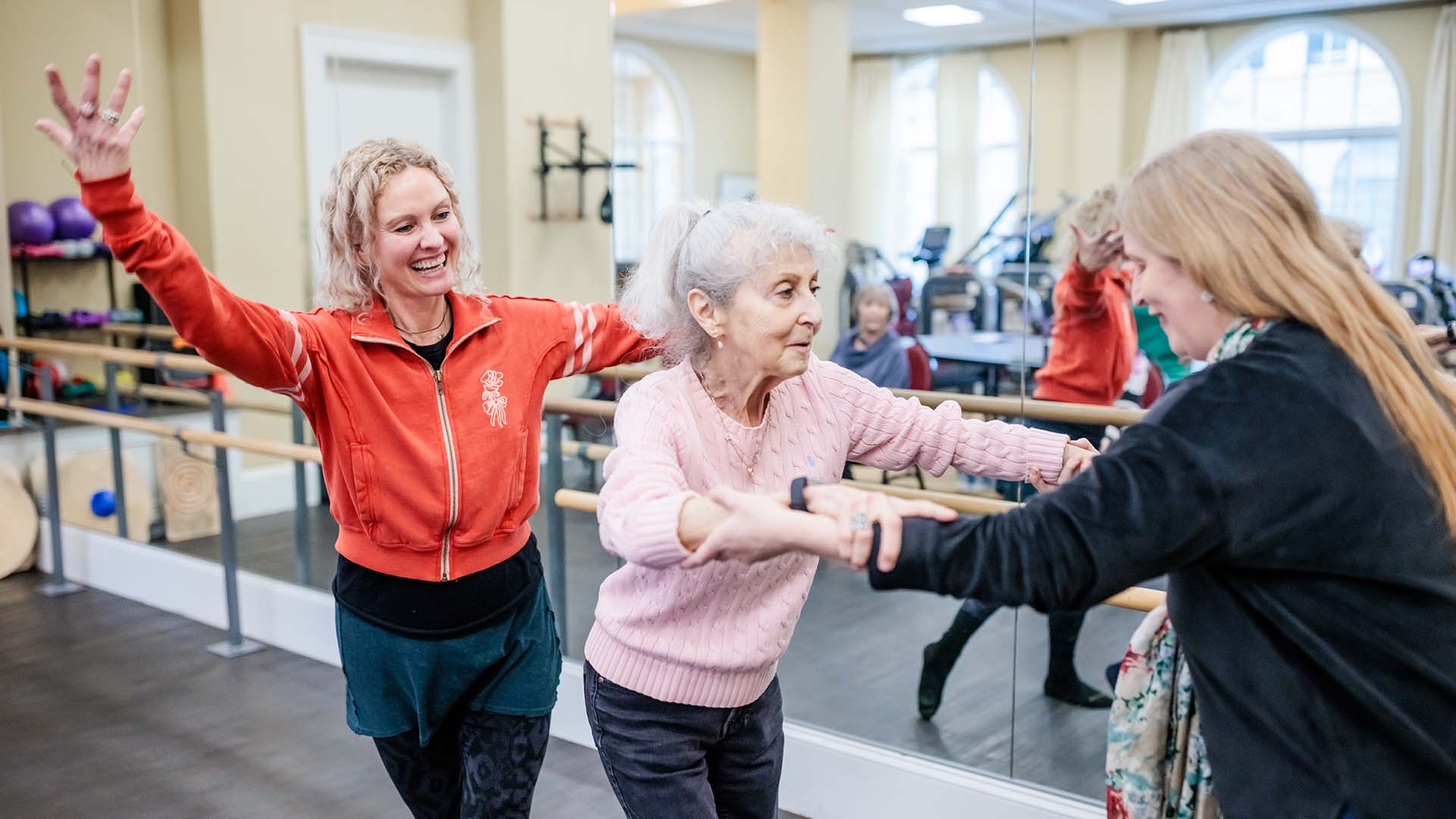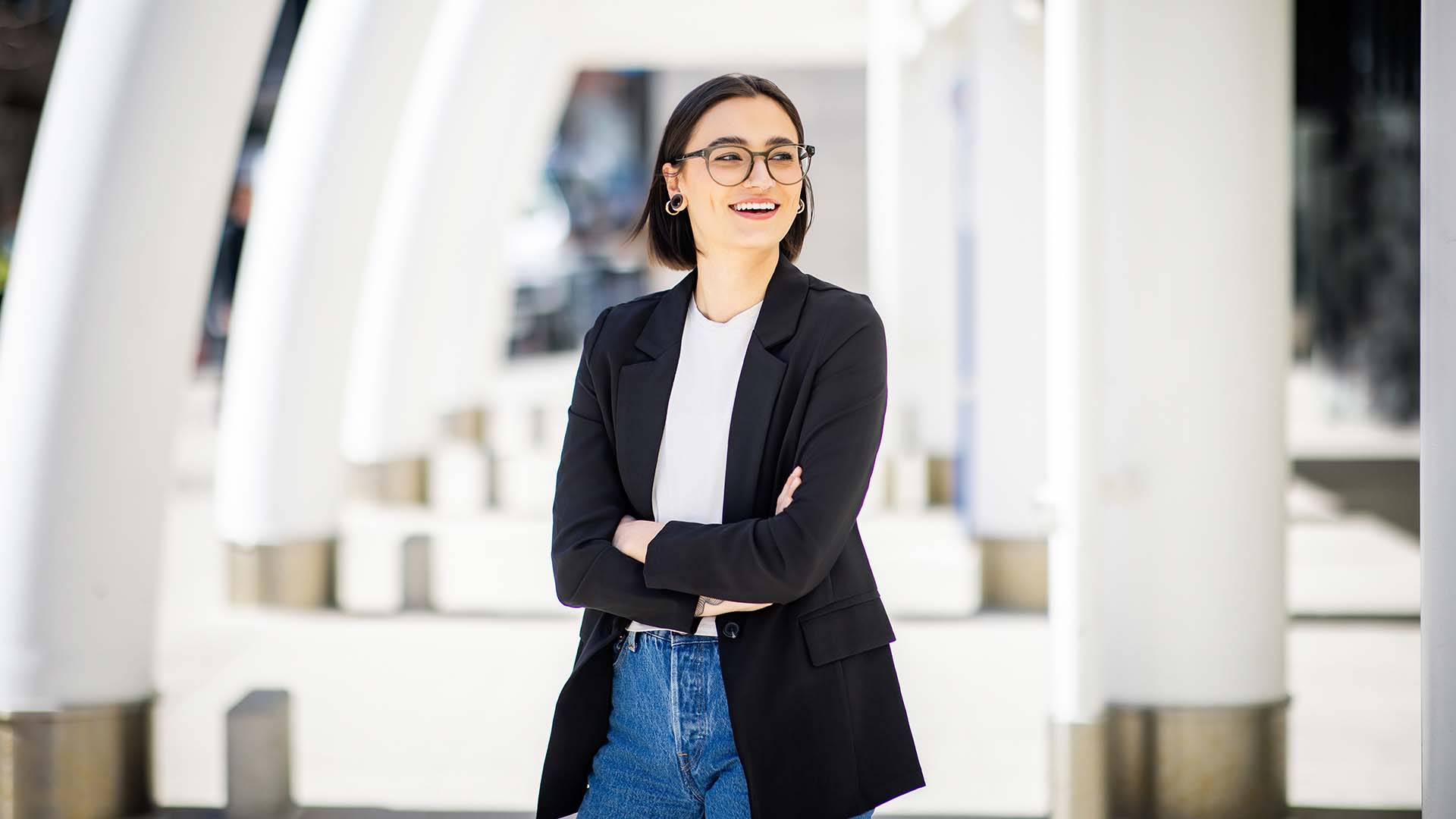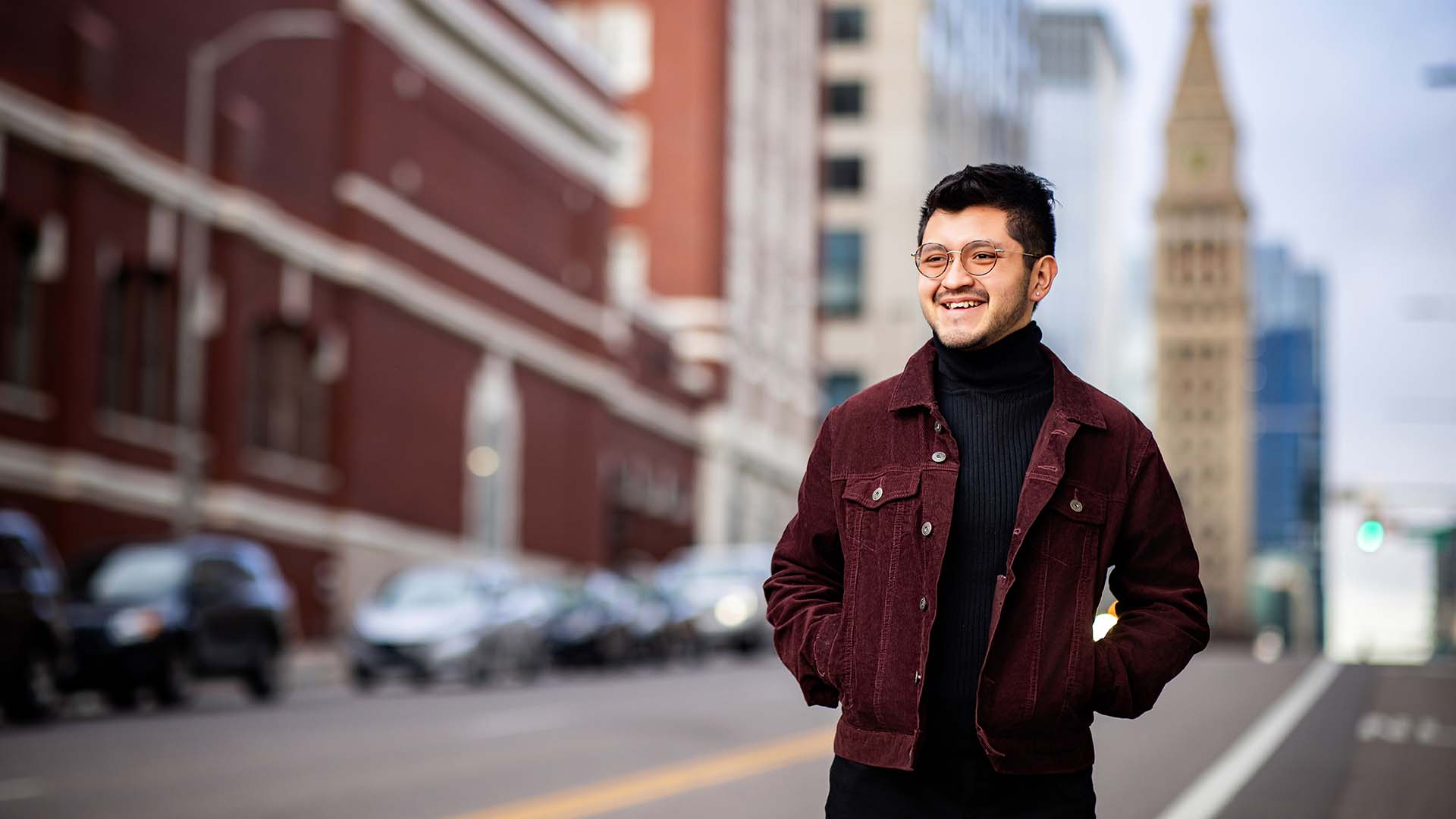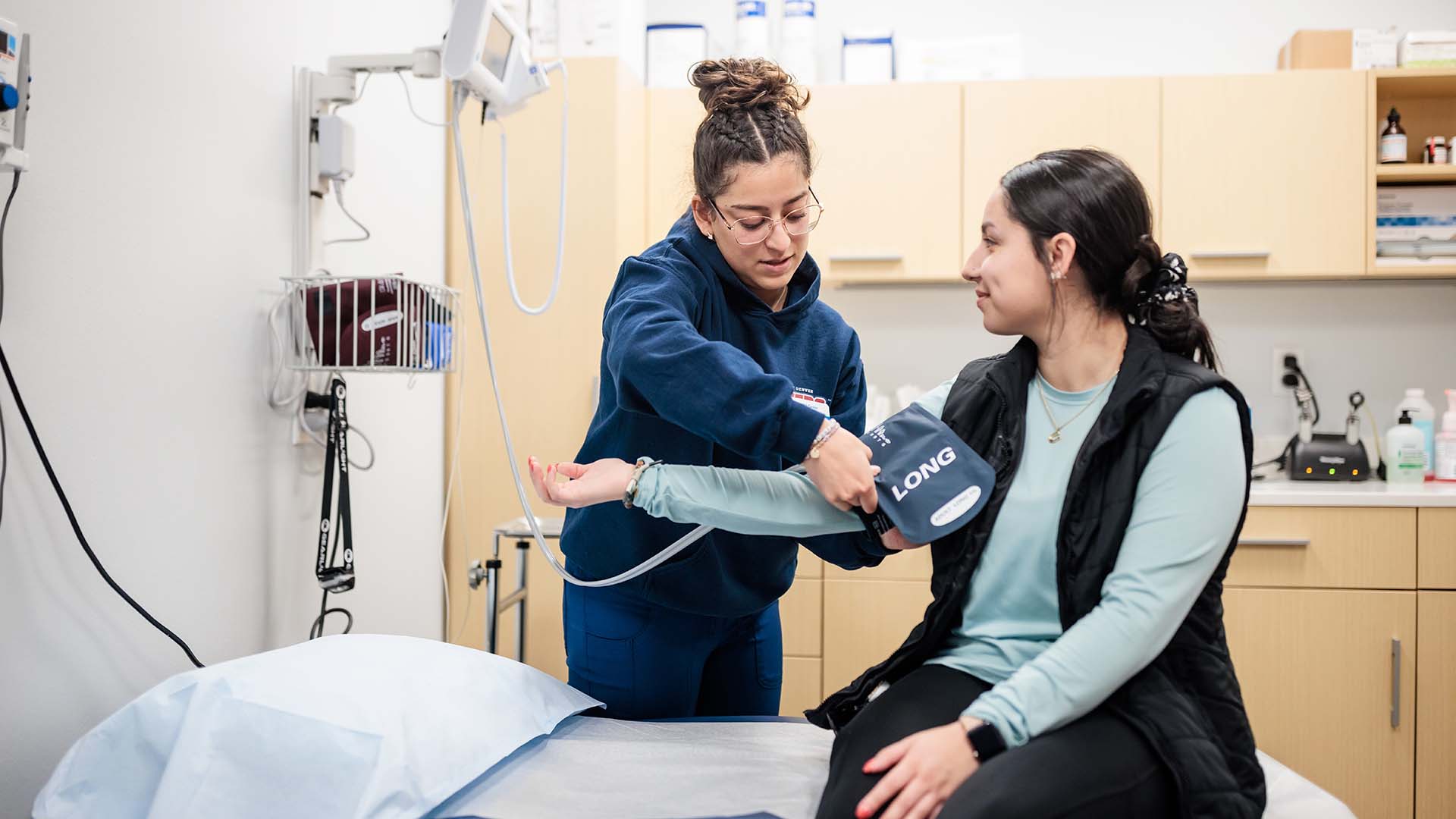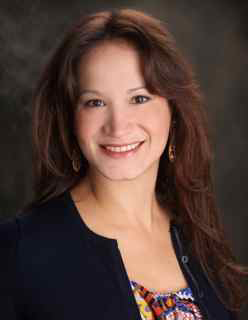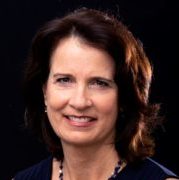Better ingredients for better health
Two entrepreneurial students combine cooking classes and wellness resources for Latinx communities.
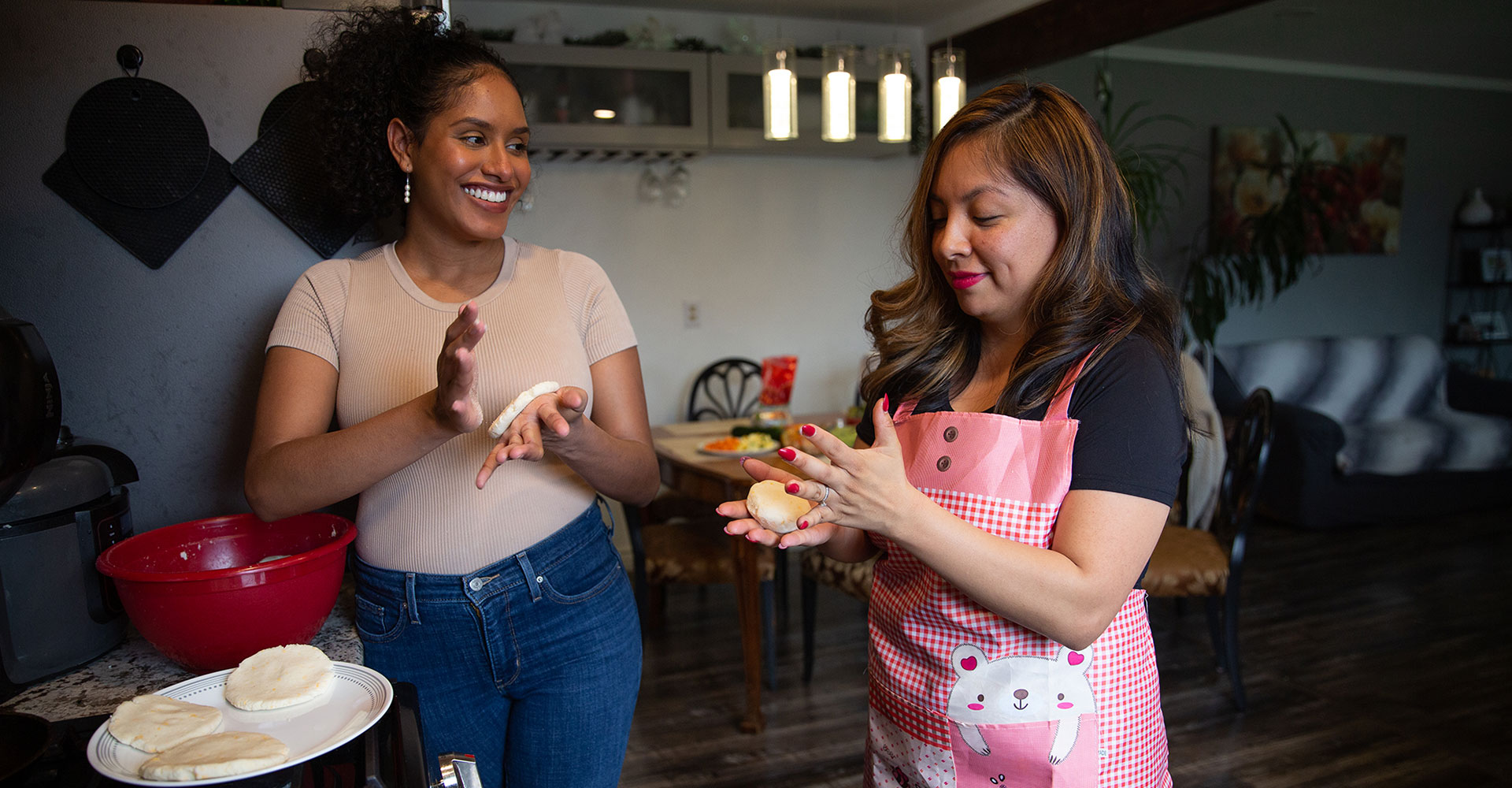
With barriers that include language differences and various required documents, access to health and wellness care within underserved communities can be fraught with challenges and stigmatization. As an employee with the Jefferson Center for Mental Health, Thalia Rodriguez has firsthand experience helping people navigate the complexities of the U.S. health care system.
But when her mother was diagnosed with stage-4 breast cancer, Rodriguez felt the hurdles hit close to home.
“A lot of people in the Latinx community joke about not going to the doctor until you need it, but I never really thought about it until then,” said Rodriguez, a Metropolitan State University of Denver Health Care Management student.
Without Medicaid and unable to meet astronomical out-of-pocket estimates, Rodriguez’s mother was denied the care she needed. Ultimately, an MSU Denver referral led her to Denver Health, which offers a sliding-scale approach to payment.
“It’s still expensive, but I’m so grateful we can keep her alive and continue her fight against cancer,” Rodriguez said.
That lived reality was the primary driver behind the creation of Salud! En Nuestra Comunidad, launched by Rodriguez and fellow MSU Denver student Ines Calvete Barrios.
Originally a pilot effort for class, the program’s series of cooking classes over the summer will focus on traditional recipes with nutritious substitutes — e.g., a vegan nacho cheese made from cashews and turmeric — along with a healthy dose of conversation about resources for community wellness.
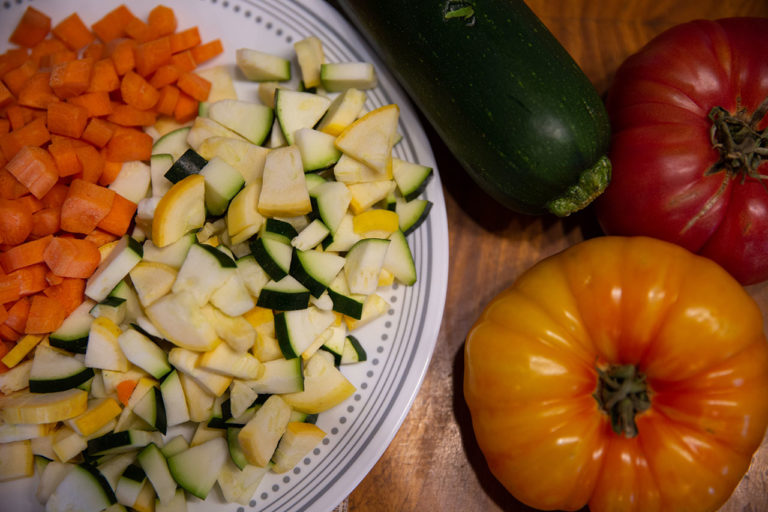
“In our household, food is a staple of family life: We’re making it together, sitting around the table, eating together, all while talking about our day,” Calvete Barrios said. “And talking about health care access can be daunting.
“But something we all love is food, so we wanted to foster a space to be able to discuss both.”
RELATED: A recipe for eliminating diet disparities
The duo met in their Reimagine Wellness class, launched by the interdepartmental Health Institute. The institute also coordinates Health Scholar Programs such as the DACA and Undocumented Student Health Career Opportunity Program Scholarship, which provides mentorship and resources for students interested in entering health fields.
The course culminated in an entrepreneurial-pitch competition, sponsored by the Denver Foundation’s Joseph Family Fund, where Rodriguez and Calvete Barrios’ concept took third place and netted the duo $8,000 in seed funding. Partners in their program also include Aurora-based La Victoria Healing Kitchen, the Roadrunner Food Pantry and the University’s Immigrant Services Program.
“It felt good knowing what I’m putting in my body,” Rodriguez said. “This (experience) has really changed the way I look at food.”
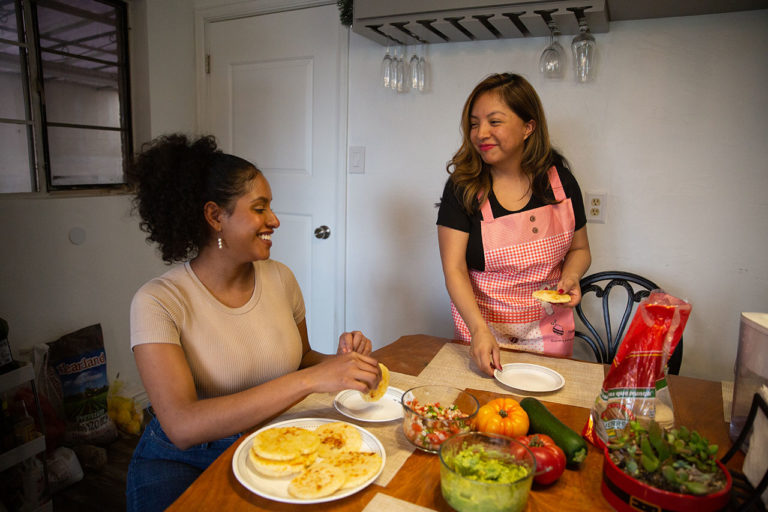
Calvete Barrios echoed the importance of diet and access for whole-person care. Originally from Colombia, she faced challenges navigating the U.S. health care system as a previously undocumented immigrant. Despite her familial history of different cancers, screening panels were limited or unavailable to her. Thus, the “food as medicine” concept she gained from the Lifestyle Medicine class taught by Michelle Tollefson, M.D., associate professor of Health Professions, resonated with her.
“There are lot of things I can’t control, so I’m focused on the things I can,” said Calvete Barrios, the winner of MSU Denver’s spring 2022 President’s Award. “From cardiovascular health to cancer prevention, small changes can make a big difference.”
For Calvete Barrios, changes include following a plant-based Mediterranean diet and cutting back substantially on meat intake, along with culturally informed recipe substitutions. As part of the program’s launch, Rodriguez and Calvete Barrios consulted with Rachel Sinley, Ph.D., Department of Nutrition chair and associate professor, to incorporate recipes such as black-bean flautas with avocado dipping sauce that drop processed ingredients without sacrificing the “yum” factor.
“Using whole-food ingredients, we can mimic the flavor profiles that light up our brains,” Sinley said.
We’re naturally wired to crave fats, salts and sweets, she added. And as we habituate our eating practices over time, tolerances can emerge. In other words, our brains eventually require us to consume more of those items to trigger our pleasure centers.
She also noted the importance of language and how we talk about food. “Dieting” as a construct takes place within larger social contexts, “plant-based” isn’t by default automatically healthy, and there isn’t a one-size-fits-all approach to what’s considered “healthy.”
“We shouldn’t deprive ourselves of what we enjoy,” Sinley said. “But when we’re armed with information on what eating healthfully means to us individually and within context, we’re able to find the right balance that honors the whole person within our communities.”
RELATED: Reimagining food access
For Rodriguez, celebrating food and community is a key ingredient to sustaining and growing Salud! En Nuestra Comunidad, something she hopes to do post-graduation. Calvete Barrios, likewise, is planning to utilize what she’s learned for her next chapter: taking the MCAT and applying to medical school.
“I’ve been able to incorporate a lot of these concepts into my own life and change it for the better,” Calvete Barrios said. “Now, the question is, ‘How can we use this knowledge to create a positive impact on an even larger scale?’”

